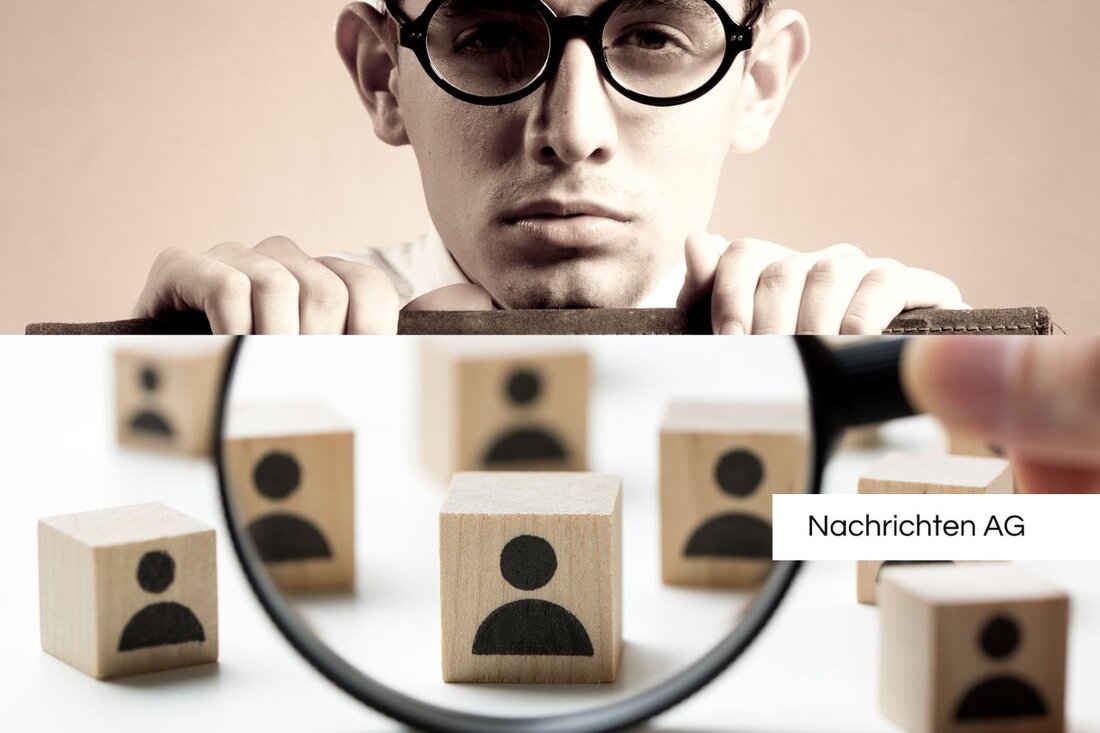A year of cannabis legalization: joy and new challenges in Berlin
Learn more about the effects of cannabis legalization in Berlin, one year after the law, and the reactions of the police.

A year of cannabis legalization: joy and new challenges in Berlin
On April 1, 2024, the law on cannabis legalization came into force in Germany, which was passed by the traffic light government. This historical moment was celebrated in Berlin at the Brandenburg Gate of Hundreds of Consumers. At midnight, the celebrations set off their first legal joints, which is a symbol of change in drug policy. Legalization pursues several goals: it is intended to improve youth and consumer protection, relieve the prosecution and counteract organized crime. Despite these positive approaches, the union of the police in Berlin (GdP) expresses itself dissatisfied with the previous results of legalization.
The State Vice of the GdP, Thorsten Schleheider, criticized that the law violated pediatric medical recommendations. He also fears an increase in mental illness in adolescents, even if cannabis remains illegal for under 18 year olds. Although Schleheider reports a decline in 3,000 narcotics offenses, he still does not see any real improvement in the workload for the police. An increase in harder drugs and the associated rawness offenses is also worrying. The GDP vice also reports that organized crime has adapted to the new conditions.
experiences from first hand
In order to shed light on the effects of legalization from different perspectives, four Berliners shared their experiences with drugs and their influence on their lives. Benni (pseudonym) states to sell cannabis to friends, while Luis (pseudonym) works for the Berlin police. Felix Betzler, a psychiatrist at the Charité, specializes in drugs and analyzes the potential social and medical consequences of legalization. Müfit Buz is the founder of a cannabis social club and offers a platform for the exchange and legality of cannabis.
One of the central criticisms of legalization is that the police do not have the technical possibilities to check that occurring violations, such as the THC value for drivers. Schleheider therefore calls for a re -evaluation of legalization and wants corrections, but leaves open how it could be implemented in concrete terms. The overall social debate about cannabis remains in the flow, since both consumers and authorities are looking for solutions.
Overall, it can be seen that the legalization of cannabis in Berlin has both positive and negative effects that have to be examined comprehensively. The challenges in dealing with the changes are clear through the different experiences and perspectives of those affected, be it from the perspective of the police or by consumers.
The situation around cannabis legalization is complex and requires a continuous discussion in order to adequately take into account both health and social consequences. While the celebrations for legalization are still present in the minds of people, the practice of consumption and regulation remains a challenge that still raises many questions.
More information on legalization can be found at Berlin Live and . .

 Suche
Suche
